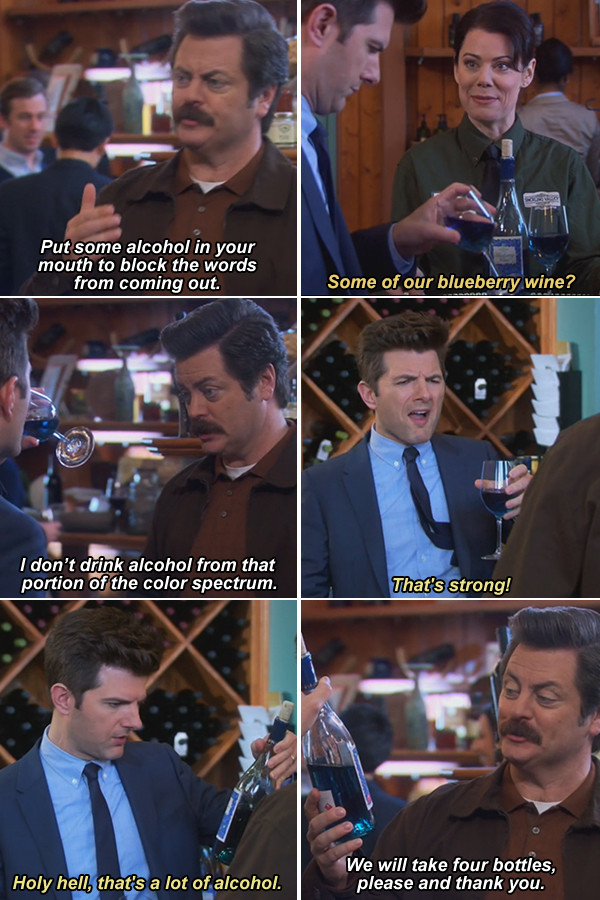This is my first from scratch attempt at wine making . I have made many kits with great results!
Question. My blueberry wine SG is stuck at 1.002 i have tried to restart it with a booster but no luck so after 2 weeks i racked it to a new carboy
The SG is still at 1.002 . I have put clearing liquid in and the wine is crystal clear and tastes really good
but has a smell of yeast . I have waited 2 weeks with it in the carboy and it still has some yeast smell although not quite as bad as before.
Is it ok to wait until the smell goes away completely or can i go ahead and bottle it . Will the smell go away with time in the bottle ?
Question. My blueberry wine SG is stuck at 1.002 i have tried to restart it with a booster but no luck so after 2 weeks i racked it to a new carboy
The SG is still at 1.002 . I have put clearing liquid in and the wine is crystal clear and tastes really good
but has a smell of yeast . I have waited 2 weeks with it in the carboy and it still has some yeast smell although not quite as bad as before.
Is it ok to wait until the smell goes away completely or can i go ahead and bottle it . Will the smell go away with time in the bottle ?






















![Craft A Brew - Safale S-04 Dry Yeast - Fermentis - English Ale Dry Yeast - For English and American Ales and Hard Apple Ciders - Ingredients for Home Brewing - Beer Making Supplies - [1 Pack]](https://m.media-amazon.com/images/I/41fVGNh6JfL._SL500_.jpg)


































